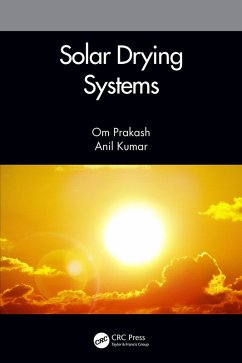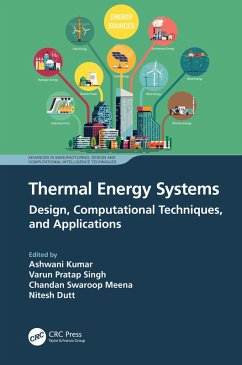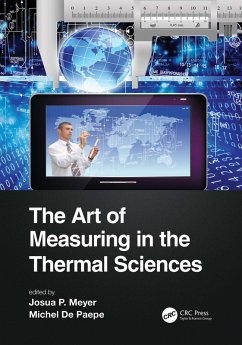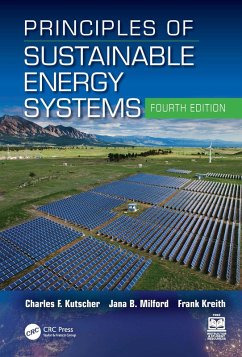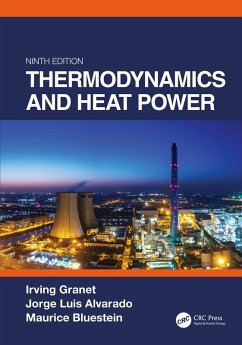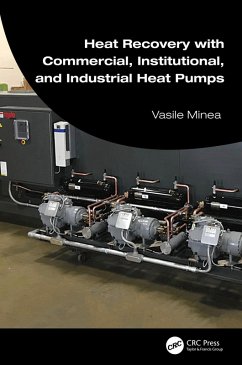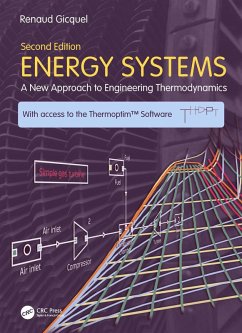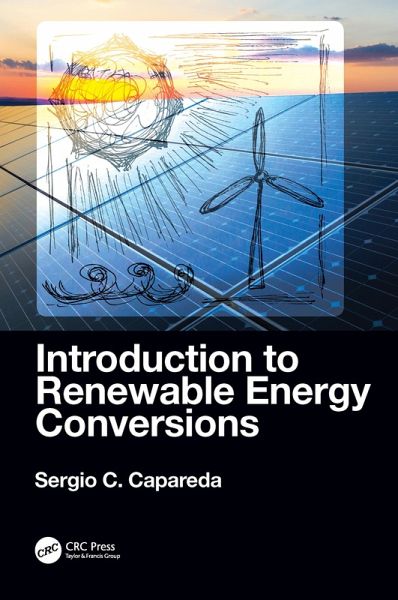
Introduction to Renewable Energy Conversions (eBook, ePUB)

PAYBACK Punkte
56 °P sammeln!
Introduction to Renewable Energy Conversions examines all the major renewable energy conversion technologies with the goal of enabling readers to formulate realistic resource assessments. The text provides step-by-step procedures for assessing renewable energy options and then moves to the design of appropriate renewable energy strategies. The goal is for future engineers to learn the process of making resource estimates through the introduction of more than 140 solved problems and over 165 engineering related equations. More than 120 figures and numerous tables explain each renewable energy c...
Introduction to Renewable Energy Conversions examines all the major renewable energy conversion technologies with the goal of enabling readers to formulate realistic resource assessments. The text provides step-by-step procedures for assessing renewable energy options and then moves to the design of appropriate renewable energy strategies. The goal is for future engineers to learn the process of making resource estimates through the introduction of more than 140 solved problems and over 165 engineering related equations. More than 120 figures and numerous tables explain each renewable energy conversion type. A solutions manual, PowerPoint slides, and lab exercises are available for instructors.
Key Features
Key Features
- Covers all major types of renewable energy with comparisons for use in energy systems
- Builds skills for evaluating energy usage versus environmental hazards and climate change factors
- Presents and explains the key engineering equations used to design renewable energy systems
- Uses a practical approach to design and analyze renewable energy conversions
- Offers a solutions manual, PowerPoint slides, and lab activity plans for instructors
Dieser Download kann aus rechtlichen Gründen nur mit Rechnungsadresse in A, B, BG, CY, CZ, D, DK, EW, E, FIN, F, GR, HR, H, IRL, I, LT, L, LR, M, NL, PL, P, R, S, SLO, SK ausgeliefert werden.




